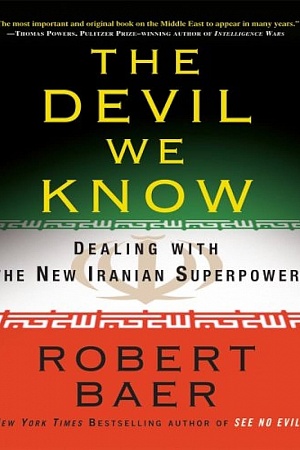Letters to the Editor - November 2010
No statues for critics
Dear Editor,
I am sorry that Judith Armstrong should have such difficulty following my point that criticism is in some sense bound to fail because it is a secondary exercise (October 2010). It was Bartók, I think, who remarked that no one ever erected a statue in honour of a critic.
I am an improbable denigrator of criticism, because I not only make a living from it, but also because, at Scripsi, I published some of the most distinguished critics (Susan Sontag, Frank Kermode, Gerard Genette), a practice I continued as editor of The Best Australian Essays.
Geoffrey Hartman’s suggestion that criticism should equal literature won’t bear examination. Can Walter Benjamin’s Illuminations hold a candle to Proust? As I said, the ‘Scylla and Charybdis’ chapter of Joyce’s Ulysses, and Lawrence’s Classic Studies in American Literature, are some of the greatest twentieth-century writing about literature, but they are not criticism proper, because their truth is the truth of fiction.
We don’t think that Dr Johnson’s Life of Milton (probably the greatest act of criticism in the language) is the equal of Paradise Lost, nor do we think that Hazlitt can equal the Romantic poets. Coleridge and Eliot are great critics, but greater poets. Henry James’s prefaces do not have the significance of The Portrait of a Lady. In Judith’s own patch, as a Russianist, the labyrinthine pedantry of Nabokov’s study of Onegin and his book about Gogol are not on par with Lolita or Speak, Memory. The latter is a masterpiece of non-fiction, but one of the things we have to accept as critics is that criticism is a very small part of this. This is clearer with the other arts: Tynan is not Olivier or Peter Brook, Truffaut as a critic was not the equal of Hitchcock (or Truffaut as film-maker).
On other matters: I did not mean to give the impression that I could write in newspapers at whatever length on subjects of my choice. Of course, I wish I could. It is true, however, that our Saturday supplements do pay homage to literature. The film The Last Station allowed me to write a cover story about Tolstoy for The Weekend Australian, and Judith to write about it at somewhat shorter length for The Age.
I meant it when I said that a world that loses the distinction between art and trash surrenders itself to purely commercial imperatives. I also meant it when I said to the girl in the audience, aglow with enthusiasm for what she was studying, that some books were much better than others and that, as she grew older, she would realise that the refusal on the part of her teachers to act on this apprehension was a cop-out. I rehearsed these arguments at what may well have been excessive length at the Wheeler Centre, and I’m surprised to be seen as having scanted them.
Peter Craven, Fitzroy, Vic.
Colonial mindset
Dear Editor,
At the end of an otherwise complimentary review of Mike Carlton’s Cruiser: The Life and Loss of HMAS Perth and Her Crew (October 2010), Geoffrey Blainey lets his Anglophile prejudices show. He thinks Carlton gives too much credence to folklore praising Curtin and the trade unions in the late 1930s, and inaccurately condemns perfidious England and blindly loyal Australia. ‘The contradictory evidence,’ Blainey writes, ‘seems to be forgotten.’
What contradictory evidence? Carlton accurately recounts some notorious examples of Churchill’s disdain for Australia’s wartime interests, including his secret pact with Roosevelt to defeat Hitler before addressing the Pacific conflict against Japan. Churchill was reluctant, in the face of the strongest protestations from Curtin, to return Australian divisions from the Middle East to Australia to defend the country from approaching Japanese forces. Most reprehensible was his attempt to divert elements of the 7th Division to Rangoon to face certain annihilation at the hands of much superior Japanese forces advancing from Thailand.
The fact is that writers such as Carlton, and even more persuasively, Graham Freudenberg in Churchill and Australia (2008), recount a history too often ignored or glossed over by conservative Australian and British historians. Throughout the 1930s, Australians collectively put their trust in a British lie: that the Royal Navy would from its redoubt in Singapore capably defend Australia from whatever peril lurked to the north. In exchange, Australia confidently placed at Britain’s disposal whatever naval and military forces we had to fight in theatres far removed from Australia.
We still have such a colonial mindset, exchanging our British protector for an American one. It will be our fault if we find the good faith we have constructed about the reliability of American military support to be as groundless as the faith we invested in Britain.
Richard Broinowski, Paddington, NSW
CONTENTS: NOVEMBER 2010










Leave a comment
If you are an ABR subscriber, you will need to sign in to post a comment.
If you have forgotten your sign in details, or if you receive an error message when trying to submit your comment, please email your comment (and the name of the article to which it relates) to ABR Comments. We will review your comment and, subject to approval, we will post it under your name.
Please note that all comments must be approved by ABR and comply with our Terms & Conditions.